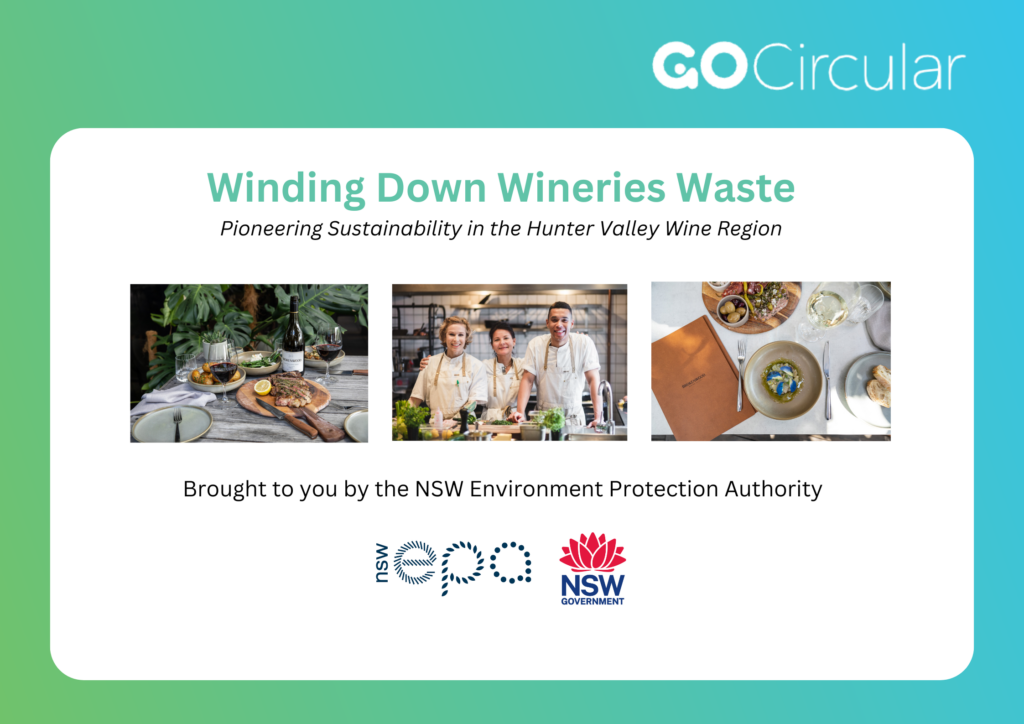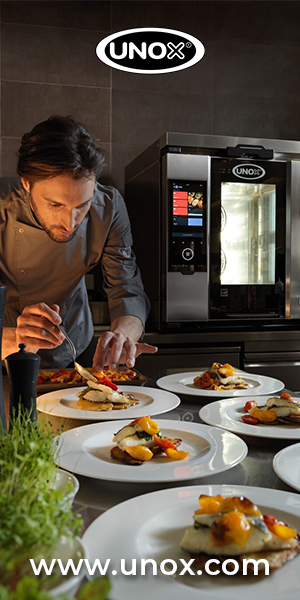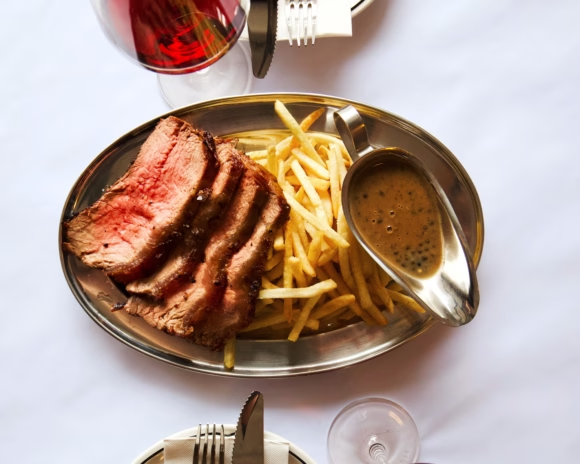Hunter Valley wineries and hospitality businesses are leading Australia’s fight against food waste through an innovative sustainability program that could serve as a blueprint for the restaurant industry nationwide.
The ‘Winding Down Wineries Food Waste’ initiative, funded by a $165,600 grant from the NSW Environment Protection Authority (EPA), is helping local restaurants and wine businesses develop practical strategies to minimise organic waste while maintaining profitability.
The timing is critical for restaurant operators across NSW, as new state laws that took effect on 1 July 2025 now require certain businesses to separate food waste from general waste streams.
“NSW generates 1.7 million tonnes of food waste per year,” said Sam Lewis, NSW EPA Acting Director of Circular Economy Programs. “To help tackle the landfill crisis, we need to seriously combat food waste and invest in local solutions.”
The program, delivered by Newcastle-based Go Circular, focuses on practical kitchen strategies including maximising use of in-season local produce, transforming vegetable trimmings into stocks, and converting food waste into nutrient-rich compost for vineyard operations.
Margan Winery and Restaurant exemplifies the program’s impact. Owner Ollie Margan has restructured operations to source 90% of non-meat ingredients from the restaurant’s own garden, harvesting only what’s needed for immediate use.
“This helps us minimise food waste from the start, while delivering fresher and unique dishes,” Margan explained, noting the approach has helped shape a more sustainable and regionally-focused menu.
Go Circular CEO Annie Jiang emphasised the broader implications for Australia’s hospitality sector. “From farm to kitchen, Hunter Valley hospitality businesses are demonstrating how sustainability can be embedded into everyday practice – protecting both our environment and the future of this iconic region.”
The initiative comes as restaurants nationwide face increasing pressure to reduce environmental impact while managing rising food costs. The Hunter Valley model offers a practical framework that other wine regions and restaurant clusters could adapt.
With Australia’s oldest wine region leading the charge, the program represents a significant shift toward circular economy principles in hospitality, where waste from one process becomes input for another – turning restaurant scraps into vineyard soil amendments.
Restaurant operators interested in similar programs can explore EPA funding opportunities through the Business Food Waste Partnership Grant program, with applications available through the NSW EPA website.







